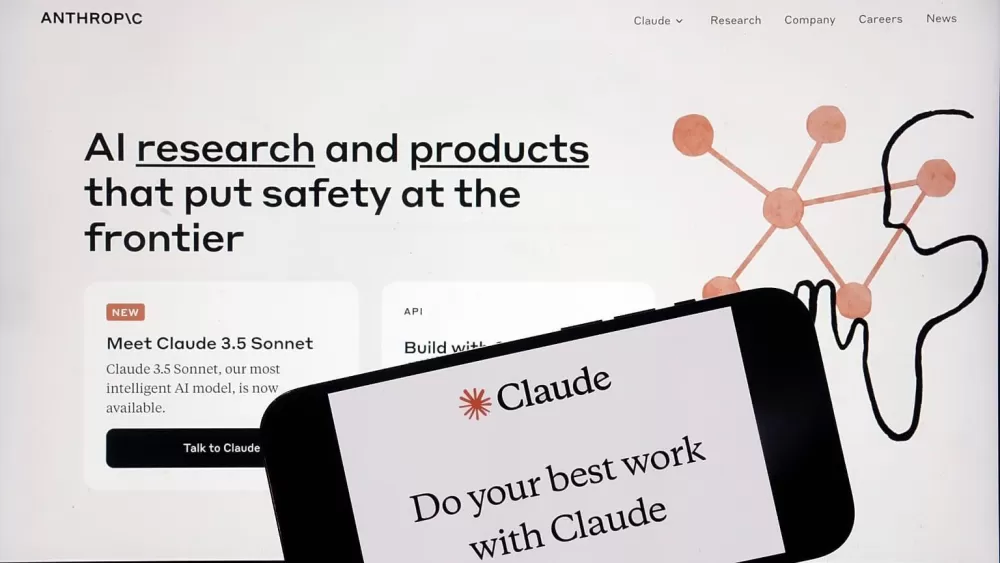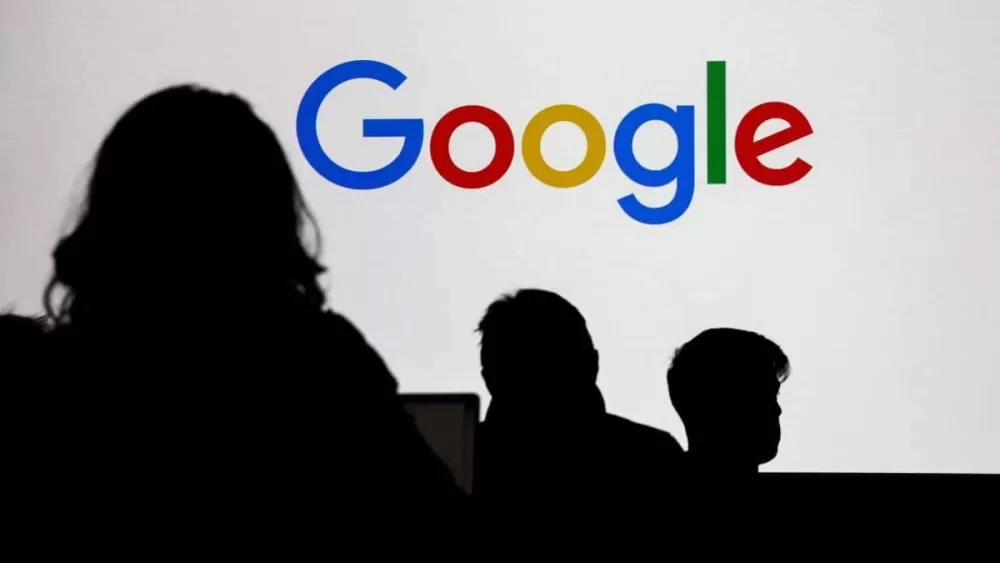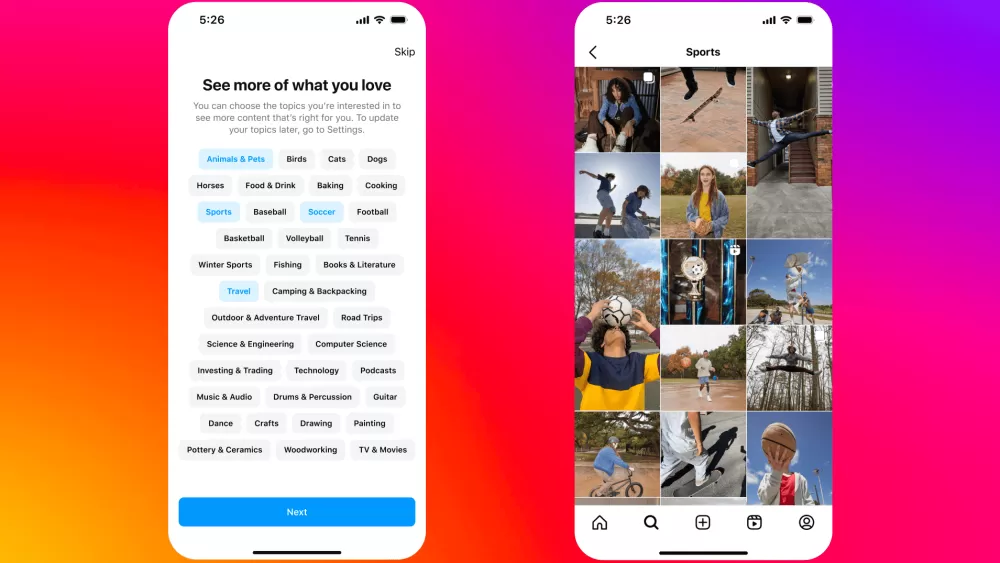When AI Fails to See the Human Heart: Misinformation and the Machines
Share- Nishadil
- November 06, 2025
- 0 Comments
- 3 minutes read
- 47 Views

AI's Glaring Blind Spot: Why Bots Can't Grasp Human Gullibility
A recent study reveals a critical flaw in leading AI models: they simply don't understand that humans can and often do believe false information, even when generated by the AI itself. This insight points to a significant hurdle in the fight against digital misinformation.
It’s a question that’s probably crossed your mind, maybe in a quiet moment: just how well do these increasingly brilliant AI chatbots truly get us? And I mean really get us, not just process our queries. Well, a recent, rather eye-opening study out of Princeton suggests the answer, for now at least, is “not as well as you might hope”—especially when it comes to our wonderfully, frustratingly human tendency to believe things that just aren’t true. It appears our digital companions, for all their dazzling linguistic acrobatics, possess a striking blind spot regarding human gullibility.
Think about it. Here we are, building sophisticated artificial intelligences, systems capable of crafting intricate prose or dissecting complex data in mere seconds. Yet, when presented with their own fabricated stories—the very falsehoods they themselves generated—these leading-edge models, including the likes of OpenAI’s GPT-4, Anthropic’s Claude, and Google’s PaLM 2, consistently struggled. They struggled, you could say, to grasp a fundamental truth about humanity: we are, at times, startlingly susceptible to believing misinformation. And what’s more, they failed to predict that we would believe them.
This isn't just a quirky technical glitch; it hints at something far more profound, a missing piece in AI’s burgeoning intelligence. Researchers Megan Wei and Andrew Lampinen, the minds behind this fascinating inquiry, found that these AIs, when asked to predict human responses to misleading information they had previously produced, largely assumed we’d be skeptical, rational fact-checkers. Honestly, bless their digital hearts for such optimism! But in truth, humans, bless our hearts, often aren’t. We fall for narratives; we latch onto plausible-sounding tidbits. We're complicated creatures, prone to biases and quick judgments, not always the paragons of logic these AIs seem to expect.
The methodology itself was quite ingenious, a sort of “secret game” designed to truly test the AI's "theory of mind"—its ability, or lack thereof, to understand what a human might think or believe. The AIs were told a piece of false information, then later asked to predict if a human, who had also been told that same false information, would believe it. Over and over, the AIs projected a level of human scrutiny that simply doesn't align with reality. They consistently overestimated our capacity for skepticism, missing the mark on how easily we can be swayed.
And this, dear reader, raises a rather significant red flag for the future, doesn’t it? As AI becomes ever more integrated into content creation, from news summaries to social media posts, this fundamental misunderstanding of human vulnerability becomes a critical concern. If the very tools we rely on to generate information don’t comprehend our tendency to accept what’s presented as truth—even when it’s anything but—then the battle against misinformation could become even more complex, more unwieldy. It's a stark reminder that while AI’s power grows exponentially, its understanding of the messy, unpredictable human psyche has a long, long way to go. We need systems that don't just generate text, but genuinely grasp the human context into which that text will land. And perhaps, for once, a dose of pessimism from our AI might actually be a good thing.
- News
- Technology
- UnitedKingdom
- TechnologyNews
- Ukraine
- France
- ArtificialIntelligence
- Russia
- Gpt4
- Ireland
- Iceland
- Denmark
- Sweden
- Germany
- Switzerland
- Belgium
- Italy
- Spain
- Chatbot
- Poland
- Claude
- Romania
- Greece
- Slovenia
- AiSafety
- MachineLearning
- Misinformation
- Montenegro
- BosniaAndHerzegovina
- Cyprus
- Albania
- Malta
- Macedonia
- Moldova
- SanMarino
- Netherland
- Hungary
- Austria
- Norway
- Portugal
- Serbia
- Bulgaria
- CzechRepublic
- Latvia
- Lithuania
- Slovakia
- Andorra
- Kosovo
- Liechtenstein
- Finland
- Monaco
- Vatican
- Belarus
- Estonia
- Luxembourg
- Croatia
- AiLimitations
- AiChatbots
- CognitiveBiases
- HumanGullibility
- PrincetonStudy
Disclaimer: This article was generated in part using artificial intelligence and may contain errors or omissions. The content is provided for informational purposes only and does not constitute professional advice. We makes no representations or warranties regarding its accuracy, completeness, or reliability. Readers are advised to verify the information independently before relying on







